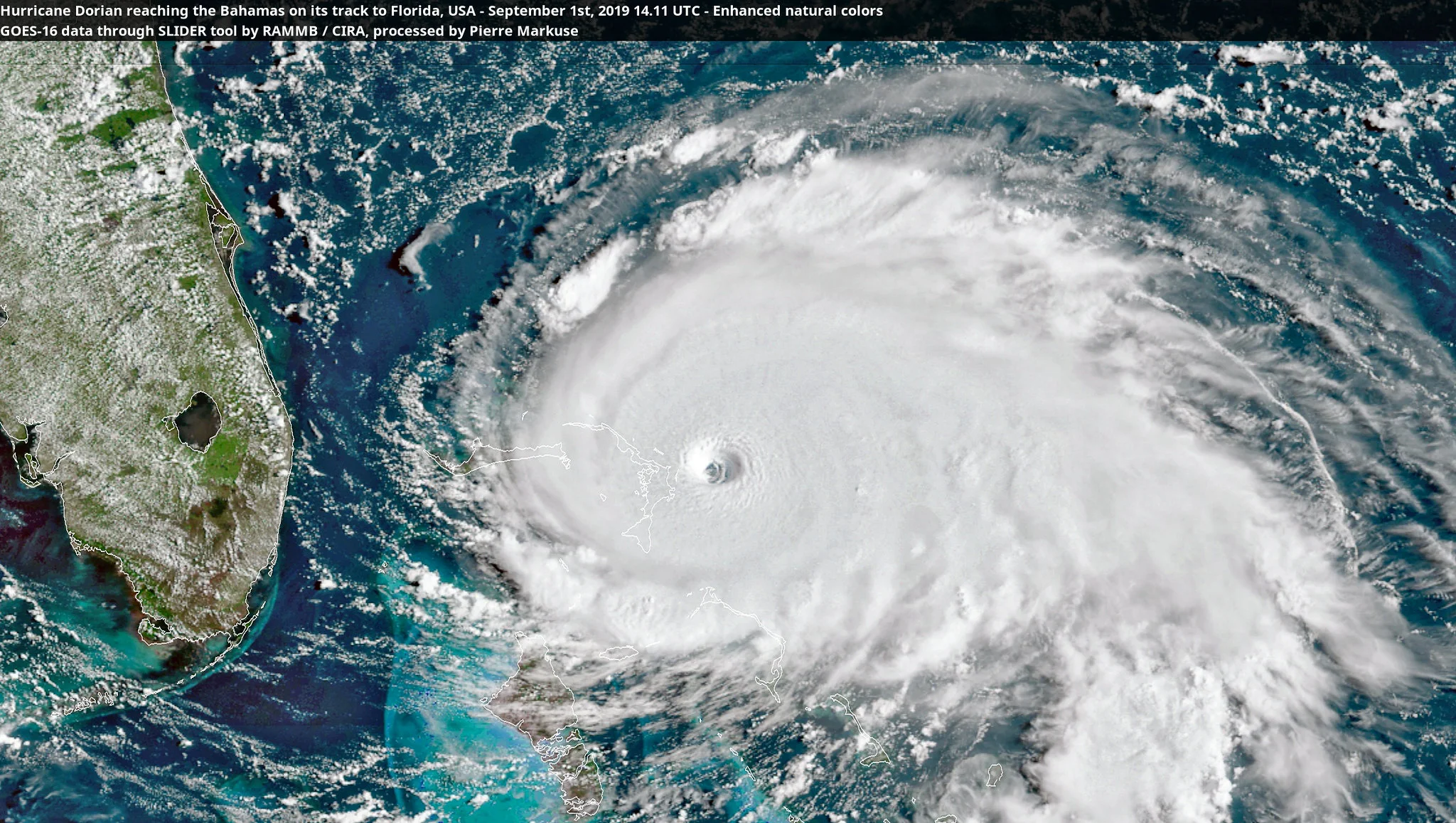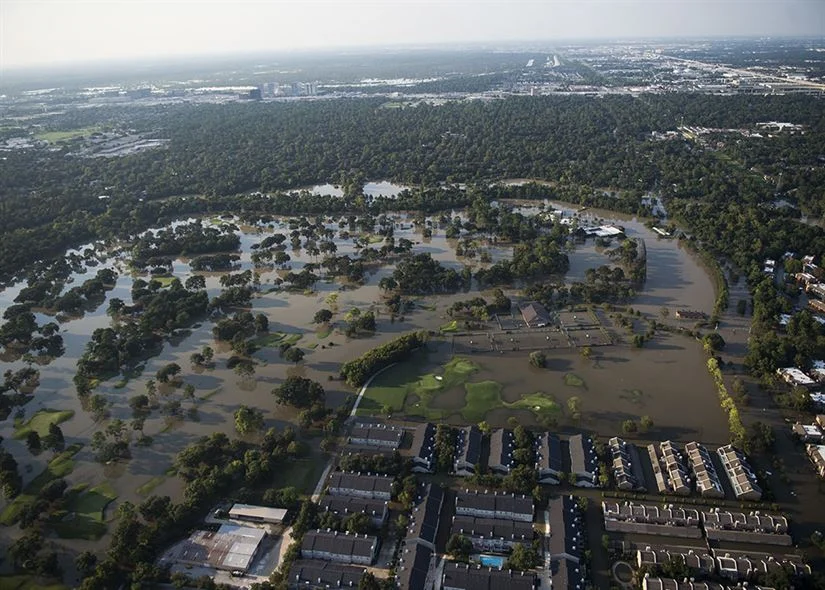For Asheville, North Carolina, rebuilding might mean questioning some rules and getting creative to allow for the same kind of incremental development that made the city so unique and gave it such a quirky (and productive) local economy.
Read MoreAsheville's River Arts District, North Carolina's flagship for authentic incrementalism, was destroyed by Hurricane Helene. Here's why it's so important that people continue embracing incrementalism to bring it back.
Read MoreIn Florida, flooding from Hurricane Debby exposes how the suburban pattern of development can worsen natural disasters and make it more difficult for residents to evacuate.
Read MoreResidents of this Houston neighborhood thought they were winning the lottery with a government-sponsored infrastructure project. Instead, they endured a seven-month-long nightmare.
Read MoreEndless growth is a luxury we literally can’t afford. Here’s why the path to true prosperity requires local communities to opt out of an economy of greed and bring decision-making back home.
Read MoreWe can destroy and rebuild all kinds of places and measure success in terms of Gross Domestic Product, but lets stop pretending that trading local wealth for national growth is a good thing.
Read MoreWe're partnering with the Congress for the New Urbanism to support Collaborative Communities' efforts to help small towns after Hurricane Harvey.
Read MoreIt is very seductive to look at Houston's flooding as a simple engineering and planning problem.
Read MoreFor extreme events, we can't measure risk, but we can measure fragility. Cities that want to protect themselves from extreme events need to become less fragile. They need to adopt a Strong Towns approach.
Read MoreAnyone suggesting that more wetlands or more pervious surfaces would have done anything to mitigate what has happened in Houston is lacking a proper sense of scale.
Read MoreThese 5 harmful myths about Houston's land use planning need to be put to rest.
Read More










